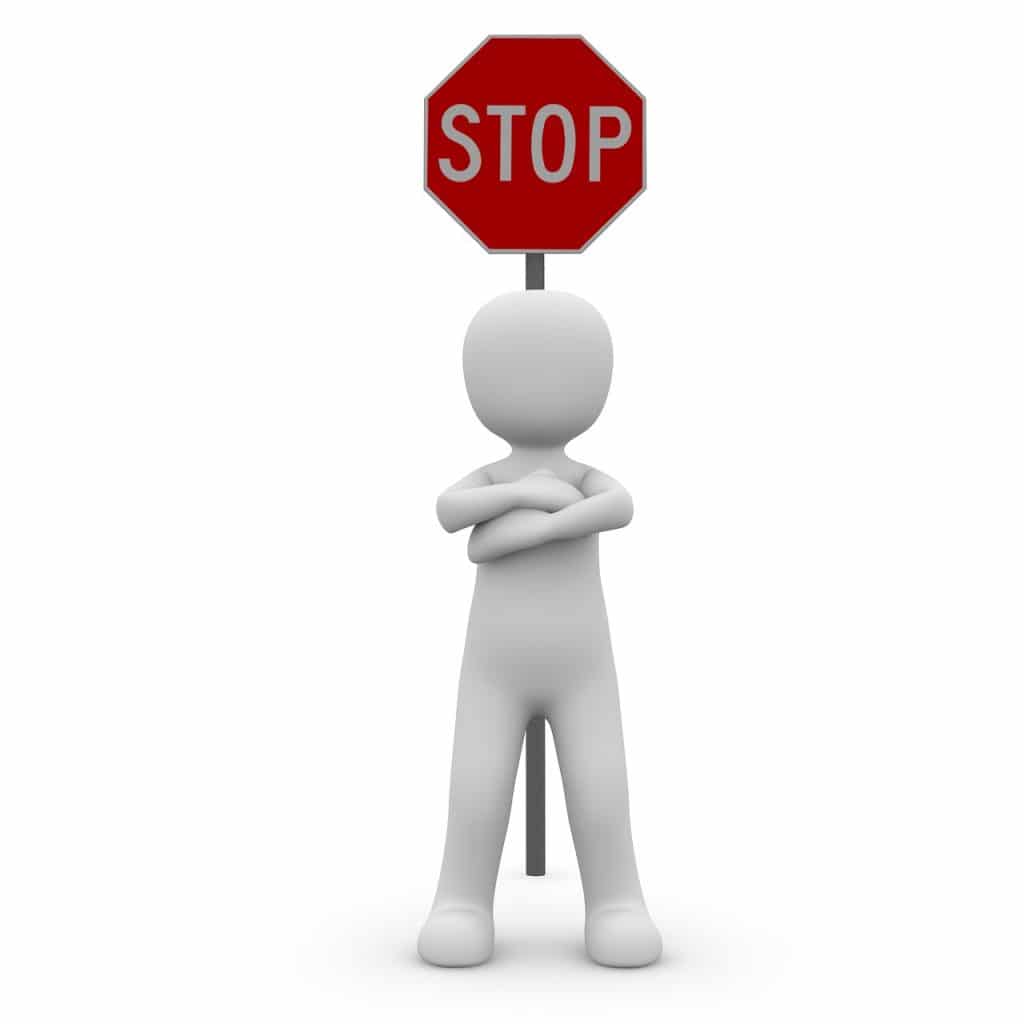Mental fatigue is a condition involving difficulty with initiating or sustaining voluntary activities – and it can have an overwhelming impact on your life. Between reduced productivity at work and a lack of enjoyment for things you used to love, mental fatigue can be a precursor to depression, health problems, and many other conditions.
Fortunately, most cases of mental fatigue are treatable. Here’s how to deal with it.
Steps on How To Deal With Mental Fatigue
Step 1: Identify The Cause

This is the single most important part of dealing with mental fatigue. Until you know the cause, you can’t know what form of treatment will be most effective. Here are some potential causes – and remember, you may suffer from more than one of them:
- Too Many Decisions: When you have to make too many decisions, you’re forced to evaluate new information and make the correct decisions over and over again – often in ways that matter over the long-term. This is why driving for too long can lead to mental fatigue.
- Too Much Work: A related issue is having too much work to do. Most of us have a fairly good grasp of what we can accomplish in a set period of time. When people ask us to do more – and we’re in trouble if we don’t succeed – the massive increase in stress can be both physically and mentally exhausting. One or two days is doable, but too much work for too long leads to burnout.
- Too Many Interruptions: Much like the previous issue, having too many interruptions in work can be tiring in its own way. When we start doing something, we often want to finish, and getting yanked away from that can start to tire us out. This is one of the main causes of mental fatigue in new parents – and why getting away from the baby can be such a relief.
- Lack of Sleep: If you aren’t getting enough rest, mental fatigue will occur far more often. This, by itself, can be caused by a whole host of issues. Everything from a poor bed or a hot room to various diseases can cause lack of sleep. Try to pinpoint the source and do what you can to get adequate rest.
- Too Many Good Things: Yes, it’s possible to be fatigued even if you’re well-rested and everything is otherwise great. There are only so many hours in the day, and if you’re trying to enjoy too many things, your inability to do so could be tiring you out.
Step 2: Understand The Symptoms
Of Mental Fatigue

Now that you know a little more about what causes mental fatigue, it’s time to look at what effects it has on your body.
- Physical Fatigue: The first sign is feeling as tired physically as you are mentally. Even if you’ve done nothing besides relaxing in a chair all day, you may feel too tired to get up and do anything else – despite the amount of energy your body has.
- Irritability: When you’re mentally fatigued, you probably feel like other people are a hassle and should just leave you alone. This can lead to snapping at them even when they haven’t done anything unusual.
- Reduced Concentration: When concentration goes down, it gets harder to finish your work. You may find yourself easily distracted, too, and have trouble finding the right words or focusing on more than one specific thing.
Different sources of mental fatigue may lead to effects other than the three described above. We don’t have enough room to go into every possible effect. The three listed here are simply the most likely to occur.
Step 3: Start Dealing With The Source Of Your Problem

Sure, you can drink coffee to perk yourself up – but until you address the cause of your fatigue, it’s going to plague you day after day. Here are the best ways to actually deal with mental fatigue.
Methods and Tips
Method #1: Reduce The Number Of Decisions You Have To Make

Reducing the number of decisions you have to make is a great way of addressing mental fatigue. Even if you can’t change the decisions you make at work, you can address other decisions in your life. For example, you may decide to have certain meals on certain days, to take mass transit and let other people do the driving, or to totally relax with a vacation.
If you do decide to go on vacation, make it eight days long. This is considered by many to be the ideal length of a vacation. The first day you’ll be settling in, and the last day you’ll be coming home – having about a week between those, offers the most benefits. Longer vacations tend to involve reverting to your normal state of mind, so it’s better to have more-frequent vacations, than longer ones.
Similarly, you should find some favorite products in stores and restaurants. If you’re making a salad, make it with the same mix of ingredients. If you’re buying shampoo, buy the same size and brand. In many ways, you’re automating the decision-making so you no longer have to worry about what to do. As long as you know when to do it, you’ll be fine.
Method #2: Spend A Little More Time In Nature

A break that is as little as one minute to look at grass or trees, can significantly ease mental fatigue and improve your concentration. This is most effective when you’re tired from focusing too much on one subject, rather than from lack of sleep or medical issues.
We’re still not entirely sure why looking at nature relaxes us so much, but the effects have been objectively verified. Even in small bursts, the color green and wilderness (in general) offers tangible benefits.
(And businesses? If you want to maximize worker performance, giving them nature-based restoratives can provide an incredible return on your investment.)
Method #3: Get Up And Exercise

Exercise is another way to reduce your mental fatigue – even if you’re feeling too tired to get up and do it, you should exercise anyway. Once you get your heart pumping and your blood flowing, you’ll wake up and be ready to start concentrating on things again.
The benefits of exercise are why many companies have switched to “walking meetings”. Instead of gathering in a meeting room to discuss the issue, everyone involved with the meeting gets up and heads for a walk around the campus, the block, or wherever else the business is located. This changes the social dynamics of the meeting, too, encouraging a free flow of ideas between members.
Of course, this isn’t practical for every meeting. Sometimes you really do need to display something on a screen, participate in a teleconference, or otherwise interact with others. At times like these, it’s okay to have a regular meeting – though you may want to get up and exercise afterward. This can help you be more creative when wrapping things up and making a final decision on how to proceed.
Method #4: Limit Low-Yield Activities

A low-yield activity is one that doesn’t bring you a good return on time spent. Instead of spending a lot of time mindlessly scrolling through social media or responding to pointless emails, limit your use of those to specific, set times. The rest of the time, you should focus on activities that are productive for your life.
In particular, you should try to do activities that provide a sense of reward while simultaneously improving your life. When you feel like you’re succeeding, mental fatigue tends to wash away as you search for even more feelings of success.
Method #5: Reduce The Brightness Of Electronics

We spend a lot of time looking at screens these days – and bright screens are actually quite tiring to our eyes. By reducing the brightness to a more tolerable level, we can avoid some of the mental fatigue associated with these devices.
Method #6: Learn To Purposefully Do Nothing

We spend so much of our lives rushing to do things that moments where we’re relaxing can feel wrong – like we’re not good enough, we’re not trying hard enough, and that we don’t care. But that’s wrong. It’s okay to take a break and do nothing now and then. You can’t succeed every moment of the day, and if you try, you’ll inevitably burn out when reality fails to meet your expectations.
If you have trouble with this, learn to meditate. While typically associated with yoga and Buddhism, meditation is a powerful tool for deliberately relaxing and getting rid of all the pressures on your mind. As a beginner, you’ll only meditate for a few minutes at a time. Eventually, however, you can work your way up to meditating for hours and allowing all your worries to wash away.
When done purposefully, doing nothing is one of the best ways to reset yourself and eliminate mental fatigue.
Leave a Reply